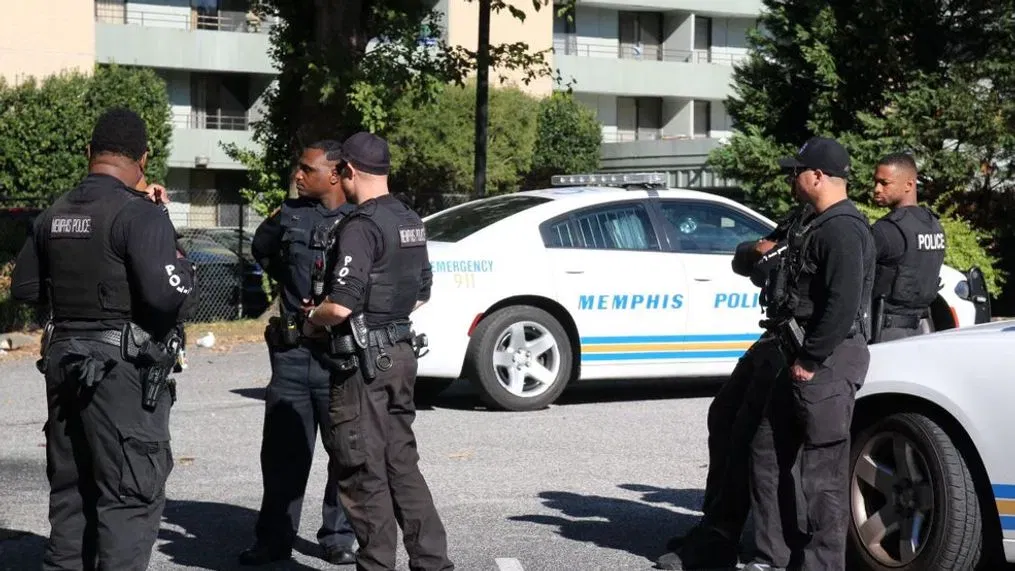Already a subscriber? Make sure to log into your account before viewing this content. You can access your account by hitting the “login” button on the top right corner. Still unable to see the content after signing in? Make sure your card on file is up-to-date.
The Department of Justice has accused the Memphis Police Department of constitutional violations, including excessive force, racial discrimination, and the mistreatment of individuals with behavioral health disabilities, following an investigation that followed the 2023 death of Tyre Nichols.
Something you should know before you read: Back in 2023, Tyre Nichols, a 29-year-old Black man, was brutally beaten by five Memphis police officers during a traffic stop that began with an unfounded accusation of reckless driving. Body camera footage showed Nichols being violently dragged from his car, pepper-sprayed, tased, and repeatedly beaten as he cried out for his mother. This incident left him hospitalized and ultimately led to his death three days later. Many have criticized his death as an example of police brutality and racial bias, arguing that the officers escalated the situation unnecessarily and violated Nichols’ constitutional rights. Meanwhile, some defenders of law enforcement claim the tragedy does not reflect standard police practices and note that all five officers involved—who were Black themselves—have faced severe legal consequences.
#BREAKING: Police release body cam footage of the incident involving Tyre Nichols, which 5 Memphis police officers have been fired and face murder charges. https://t.co/bBzDwUCjpp
— Katie Daviscourt 📸 (@KatieDaviscourt) January 28, 2023

What’s going on now: After a nearly year-long investigation, the DOJ released a report detailing systemic constitutional violations within the Memphis Police Department (MPD), including excessive force, racial discrimination, and unlawful policing practices. The report found that officers “rapidly escalate encounters, including traffic stops, and use excessive force even when people are already handcuffed or restrained” and that Black residents in Memphis are disproportionately targeted and treated more harshly than white residents engaged in similar behavior. Assistant Attorney General Kristen Clarke stated, “Memphis police officers regularly violate the rights of the people they are sworn to serve,” adding that these practices “undermine public safety” and erode trust within the community.
The DOJ highlighted MPD’s failure to supervise its officers or assess its practices for racial disparities, describing the department’s conduct as having a “corrosive effect on the Memphis community—including children, who have experienced aggressive and frightening encounters with officers.”
Officials from Memphis react: In a statement, Memphis Mayor Paul Yong said they were “taking the DOJ’s findings seriously and will review this lengthy report with an open mind.” He added, “I believe it is crucial that we take the necessary time to thoroughly review in order to formulate a response that truly addresses the needs of Memphis. Our dedication to improving the Memphis Police Department is unwavering, and we believe that working with local stakeholders and national experts will yield a plan that more effectively meets our community’s needs than an overly bureaucratic, costly, and complicated Federal government consent decree.”

So what happens now: According to the DOJ, MPD must implement significant reforms to address their findings, which will include more oversight, eliminating racial bias in policing, reducing the use of excessive force, and instituting proper training for interactions with individuals with behavioral health disabilities. If Memphis fails to voluntarily comply with these recommendations, the DOJ could pursue a federal consent decree, placing the department under court-ordered oversight and requiring adherence to federally mandated reforms monitored by an independent agency.






